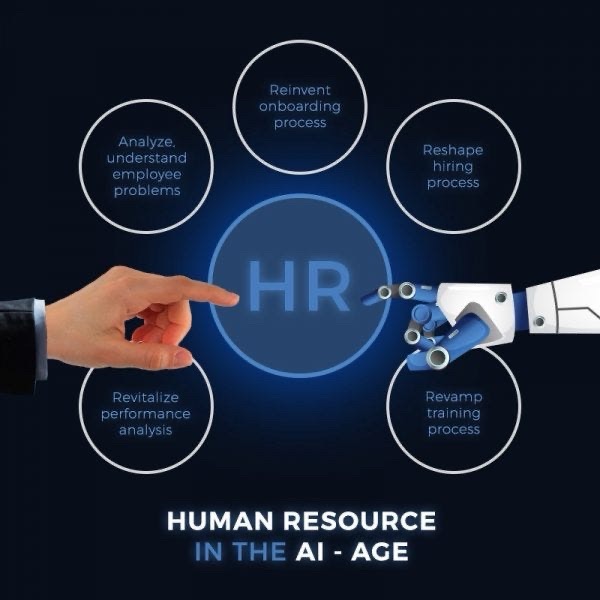May15

AI is transforming HR in ways that are both exciting and deeply personal. As someone who’s spent years navigating the challenges of hiring, developing, and retaining talent, I’ve seen firsthand how AI can shift the burden from reactive firefighting to proactive, people-first strategy.
Let’s explore how AI is making a measurable difference across four key HR areas: talent acquisition, training, retention, and talent management.
Hiring used to be a grind. Now, AI tools are helping recruiters move faster and with more confidence.
The result: less time spent on manual tasks, more time building relationships with top candidates.
Generic training programs don’t cut it anymore. AI helps you deliver learning that’s timely and relevant.
In short, AI makes learning feel less like a checkbox and more like a growth opportunity.
Losing great people is costly. AI helps you spot warning signs early.
This isn’t about surveillance—it’s about support. AI gives HR the tools to act with empathy and foresight.
AI helps you understand your workforce in ways that were previously impossible.
By turning data into insights, AI empowers HR to make smarter, faster decisions that align with business goals.
AI isn’t about replacing HR professionals—it’s about enhancing our ability to connect with people and make informed decisions. By embracing AI, we can create more responsive, inclusive, and effective HR practices.
If you’re considering integrating AI into your HR strategy, start by identifying areas where it can alleviate pain points and enhance your team’s capabilities. Focus on tools that align with your organization’s values and goals.
Remember, the goal is not to automate away the human element, but to free up time and resources so you can focus on what truly matters: supporting and developing your people.
Malcolm Gill is the Sales Director for Launch by NTT DATA.
By Malcolm Gill
Keywords: AI, HR, Future of Work
 The Orchestra Needs a Conductor: Why Multi-Model Agents Require H2E Governance
The Orchestra Needs a Conductor: Why Multi-Model Agents Require H2E Governance The Role of Memory in Modern-day Business
The Role of Memory in Modern-day Business The Architectures of Permanence: A Comparative Analysis of the "Big Three" AI Strategies (2026)
The Architectures of Permanence: A Comparative Analysis of the "Big Three" AI Strategies (2026) Friday’s Change Reflection Quote - Leadership of Change - Change Leaders Enable Generational Advancement
Friday’s Change Reflection Quote - Leadership of Change - Change Leaders Enable Generational Advancement The Corix Partners Friday Reading List - February 27, 2026
The Corix Partners Friday Reading List - February 27, 2026